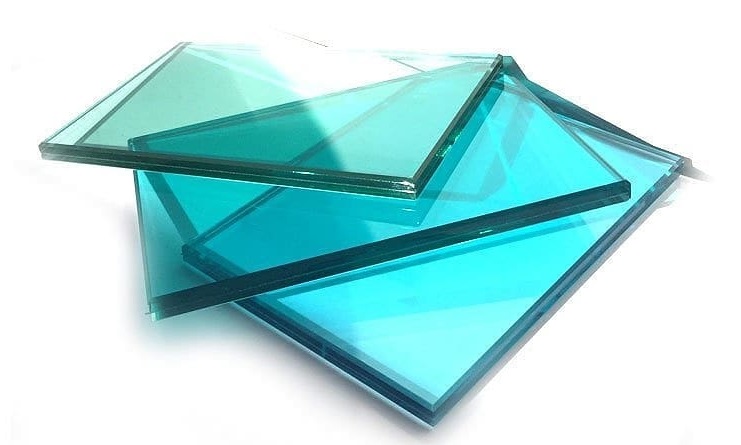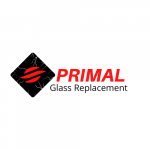Toughened glass, also known as tempered glass, is a type of safety glass that is treated through a process of extreme heating and rapid cooling to enhance its strength and durability. Toughened glass is about five times stronger than standard float glass and is designed to shatter into small, less dangerous pieces when broken. This makes it an ideal choice for a wide range of applications where safety and strength are critical. This article explores the features, benefits, limitations, and applications of toughened glass to help you decide if it’s the right solution for your needs.
Toughened glass is manufactured by heating standard glass to high temperatures and then rapidly cooling it. This process creates internal tension, making the glass more robust and resistant to impact.


Enhanced Strength:
Safety:
Temperature Resistance:
Customizable:
Safety Compliance:
Versatile Applications:
Aesthetic Appeal:
Durability:
Irreversible Processing:
Higher Cost:
Breakage Pattern:
Limited Soundproofing:
Toughened glass is an excellent choice for applications requiring strength, safety, and modern design. Its ability to meet safety standards and withstand harsh conditions makes it a popular choice for both residential and commercial projects. However, it’s essential to ensure that any customizations are finalized before the toughening process begins.
Need toughened glass for your next project?
At Primal Glass Replacement, we provide high-quality toughened glass tailored to your needs. From installation, replacements to customization, our expert team is here to deliver solutions that prioritize safety and style.

